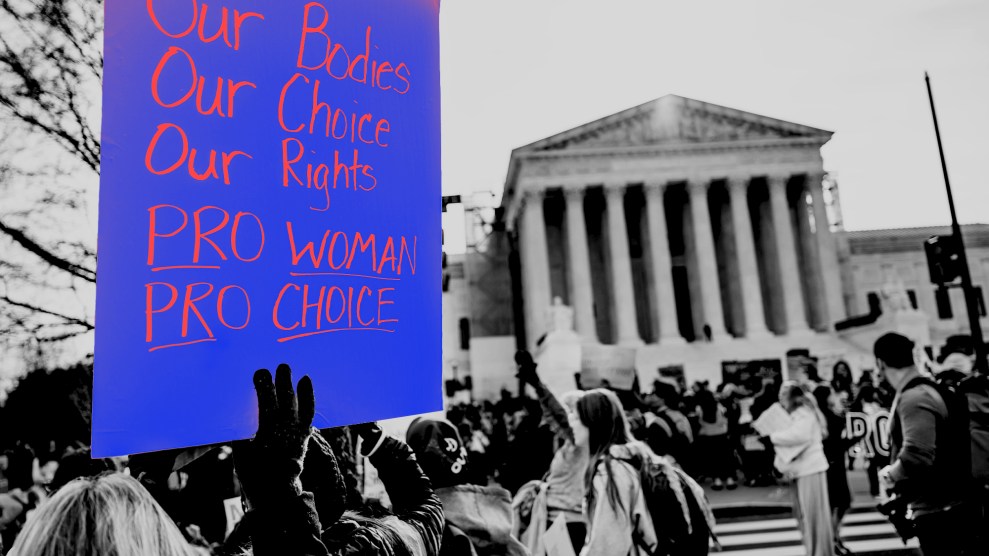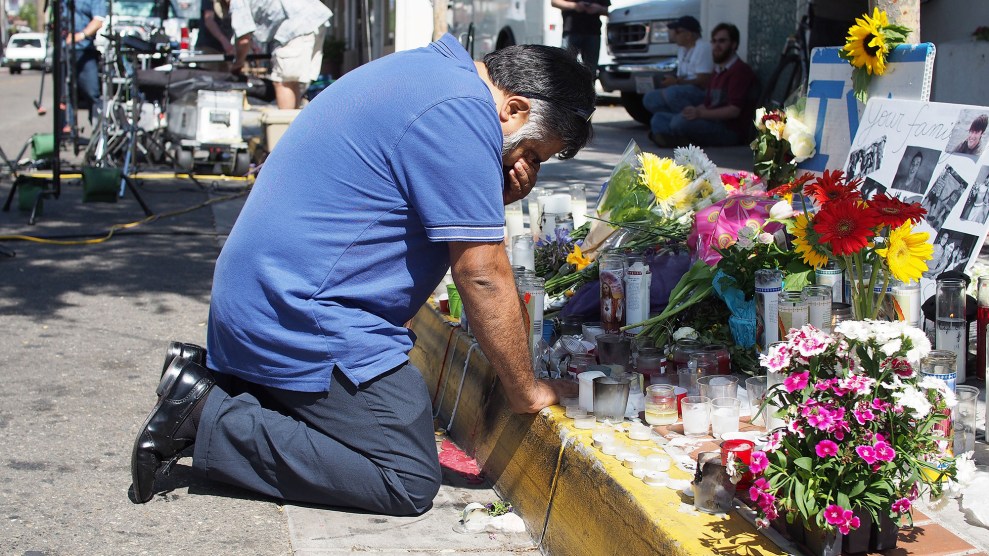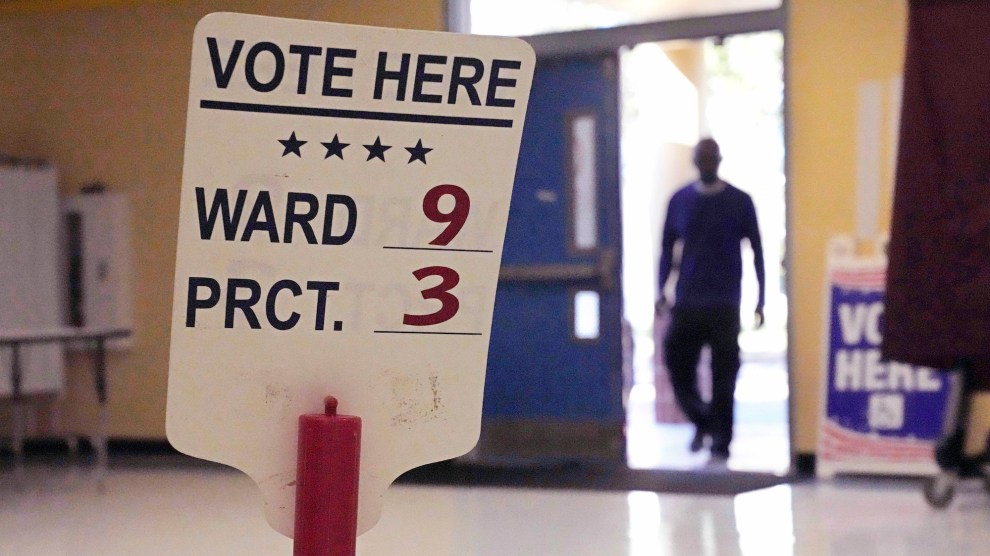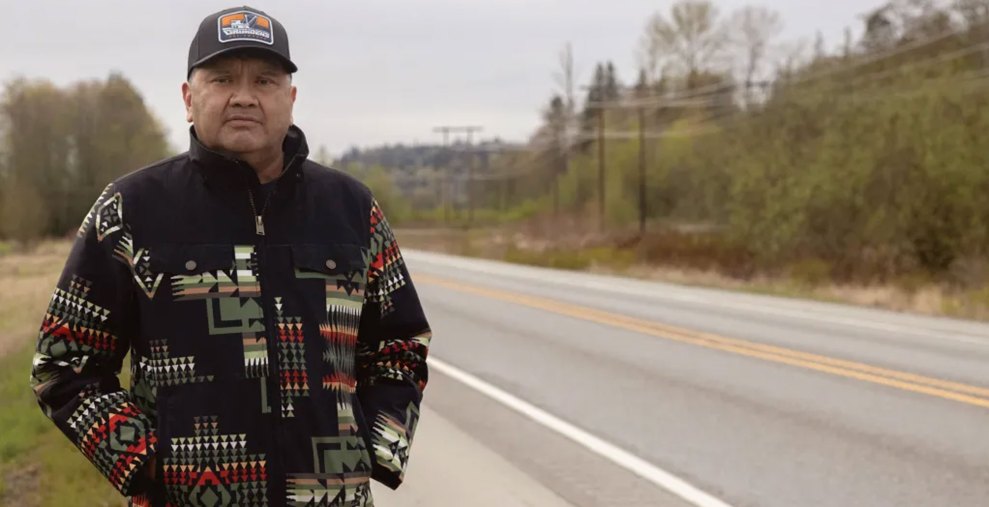At the age of 13, while still living in her native Bangladesh, Nahar Alam became the wife of a police officer through an arranged marriage. Their union was not a happy one–soon after their wedding, Alam discovered that her husband already had a wife, four children, and a violent temper. After four failed attempts to escape, Alam eventually fled Bangladesh for the U.S., settling in Brooklyn, N.Y., where she encountered a different type of abuse.
There, Alam found work as a domestic worker–often logging 12-hour days for as little as $50 a week. Her own experience, coupled with her acquaintance with other South Asian domestic workers who were denied such basic privileges as using the phone or time off inspired her to learn English and become active in promoting economic justice for immigrant domestic workers from her region. “[They are] invisible,” Alam says. “They are isolated, they can’t use the phone, they don’t know English…. Many come to America because of problems at home and are afraid if they complain, their employers will send them back.”
Alam became active in Sakhi for South Asian Women, a nonprofit domestic violence prevention organization, and expanded Sakhi’s scope to include promotion of fair working conditions. While working for the group, she organized demonstrations outside the homes of exploitative employers, handed out leaflets publicizing minimum wage and federal labor standards, and conducted weekly workshops and meetings on workers’ and immigrants’ rights.
In 1997, Alam formed a smaller nonprofit group, Workers’ Awaaz (Workers’ Voice) that focuses exclusively on domestic worker exploitation. Workers’ Awaaz now has about 30 volunteers and members and has helped dozens of women leave unjust work situations.
“I was like a prisoner,” says Gurbachan Juneja, who used to work seven-day weeks as a babysitter for a family on Long Island and now works at a cellular-phone store. “I didn’t know how to leave the house…or use public transportation.” Thanks to Alam’s intervention, she says, “now I can do anything.”
Last year, Workers’ Awaaz won its first court case against an abusive employer. At Alam’s urging, one member who had been grossly underpaid by her employers sued for back pay. ACLU attorney Mike Wishnie handled the case, arriving at a $20,000 settlement on her behalf. “Many of the women Alam worked with had learned their rights,” Wishnie says. “Alam wanted us to set a precedent to demonstrate that they shouldn’t be afraid to exercise them. She’s courageous. The women of Workers’ Awaaz are lucky to have her fighting for them.”
But Alam says her fight is far from over. She would like to create a shelter for domestic workers and conduct more outreach in other immigrant communities.
“She worked like us,” says Juneja. “She knows what we need.”















